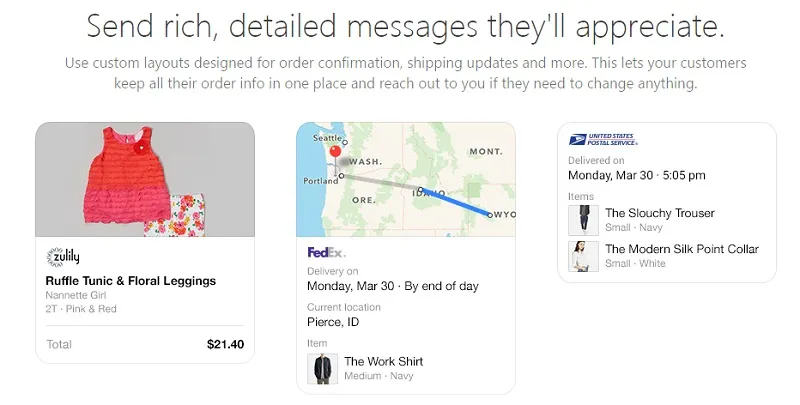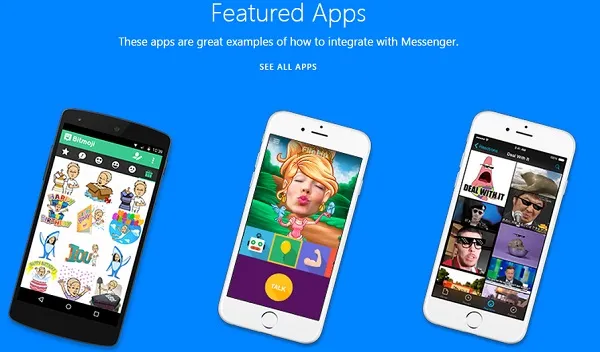Facebook launches a website for Messenger, opens up platform for businesses and developers
Earlier this year in January, WhatsApp launched its web version to much fanfare but hasn't been spoken about much since then. Now, Facebook has launched a separate website for its Messenger app. Yes, Facebook had acquired WhatsApp for $19 billion and now both the services- WhatsApp and Messenger- exist as mobile apps and websites as well. This step is inline with what seemed clear from Facebook's F8 conference. WhatsApp will remain as chat application while Messenger will be opened up as a platform, much like what Line and WeChat do.

Messenger will allow users to:
1) Chat with friends via text, know when messages are delivered and sent. (And ofcourse stickers)
2) HD Calls and sending photos, videos.
3) Voice messages and group chats
4) Payments (available in select areas). Via this, users can send and receive money from friends (which gives Facebook access to card details)
Facebook in total has more than 900 million users and the Messenger App is used by more than 600 million users worldwide. This move from Facebook gives the users who use Facebook for messaging an option to do just that. The messaging service will remain integrated with Facebook but on the Messenger, users will get access to many more services built on top.
Apart from the users, Messenger opens up possibilities for businesses and developers:
Businesses on Messenger (coming soon): This will allow businesses to have personal, real-time conversations with customers. When people check out a business owners website, they can sign up to connect in Messenger. Then the business will be able to send them personalized updates. For offering support, Facebook is partnering with Zendesk.

Building on the Messenger platform: Apps on the platform let people express themselves and get creative. People can install a developer's app and use it right from the conversations they're already having in Messenger. Bitmoji and Giphy are examples of this.

This move from Facebook open up a lot of possibilities for it to build and experiment services on top of Messenger while its core offering remains the same on Facebook. This will also open a distribution channel for developers who have an application that can sit on top of the Messenger app. The peer to peer payment is also an interesting open and one can expect more developments on the same lines.







